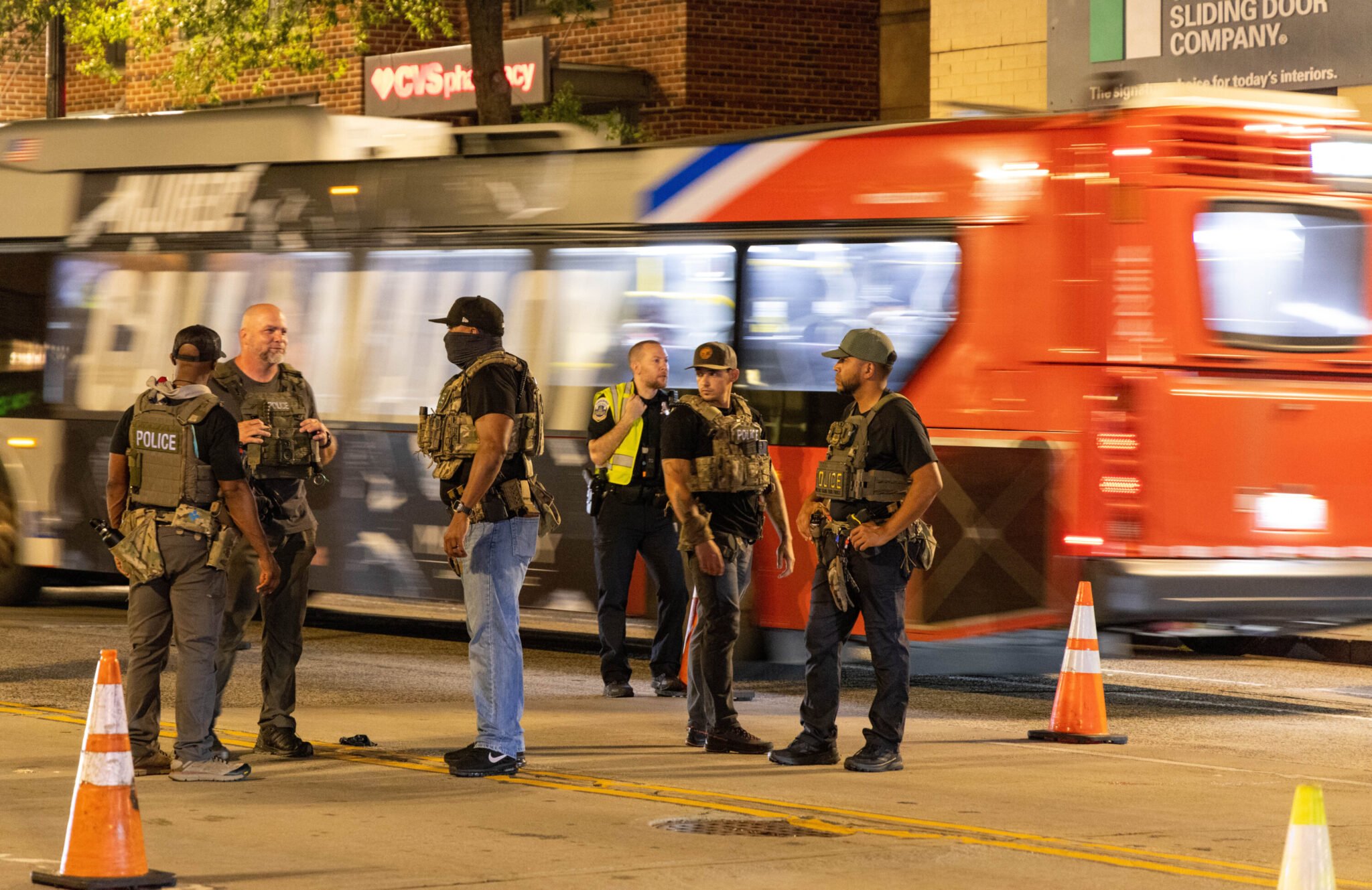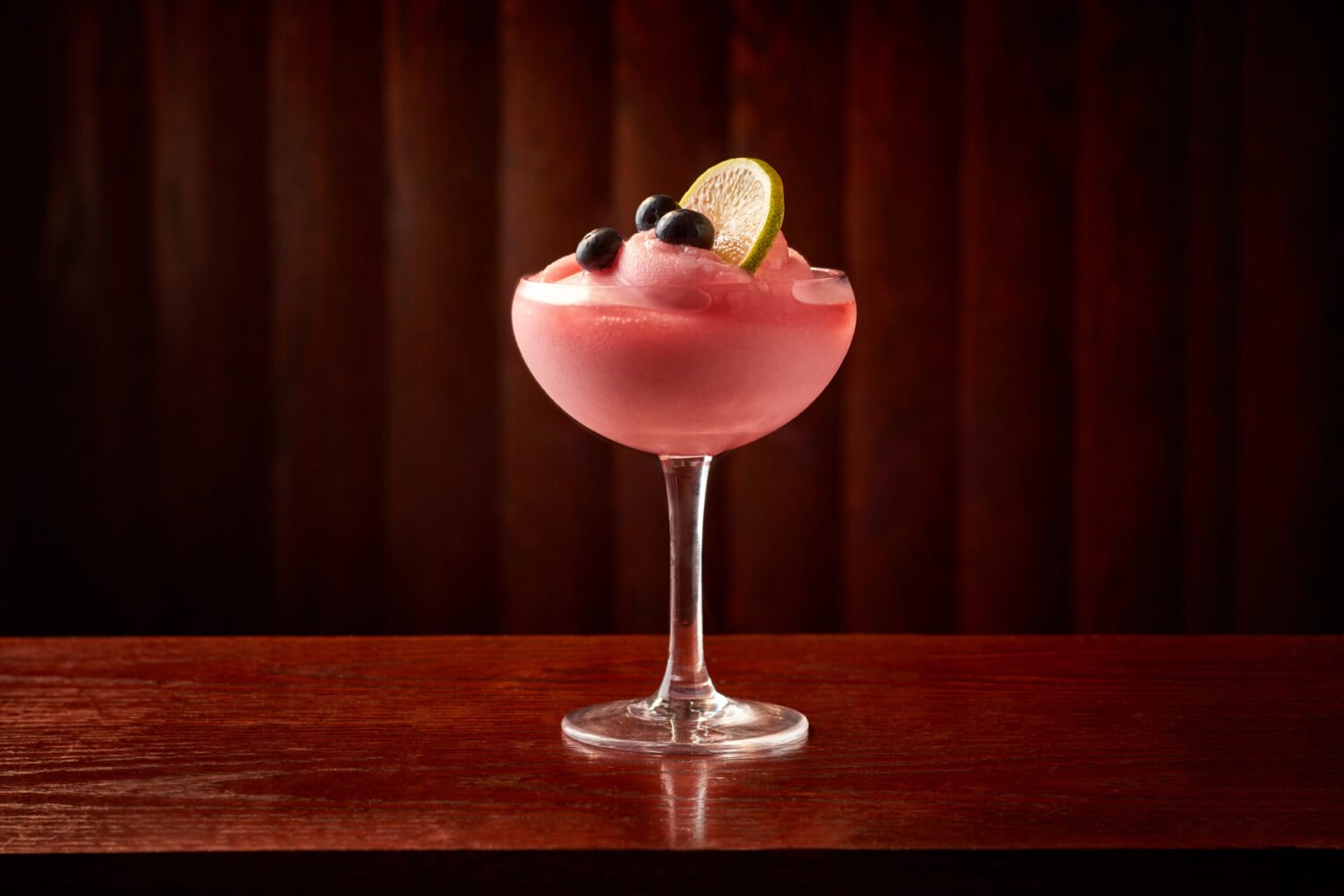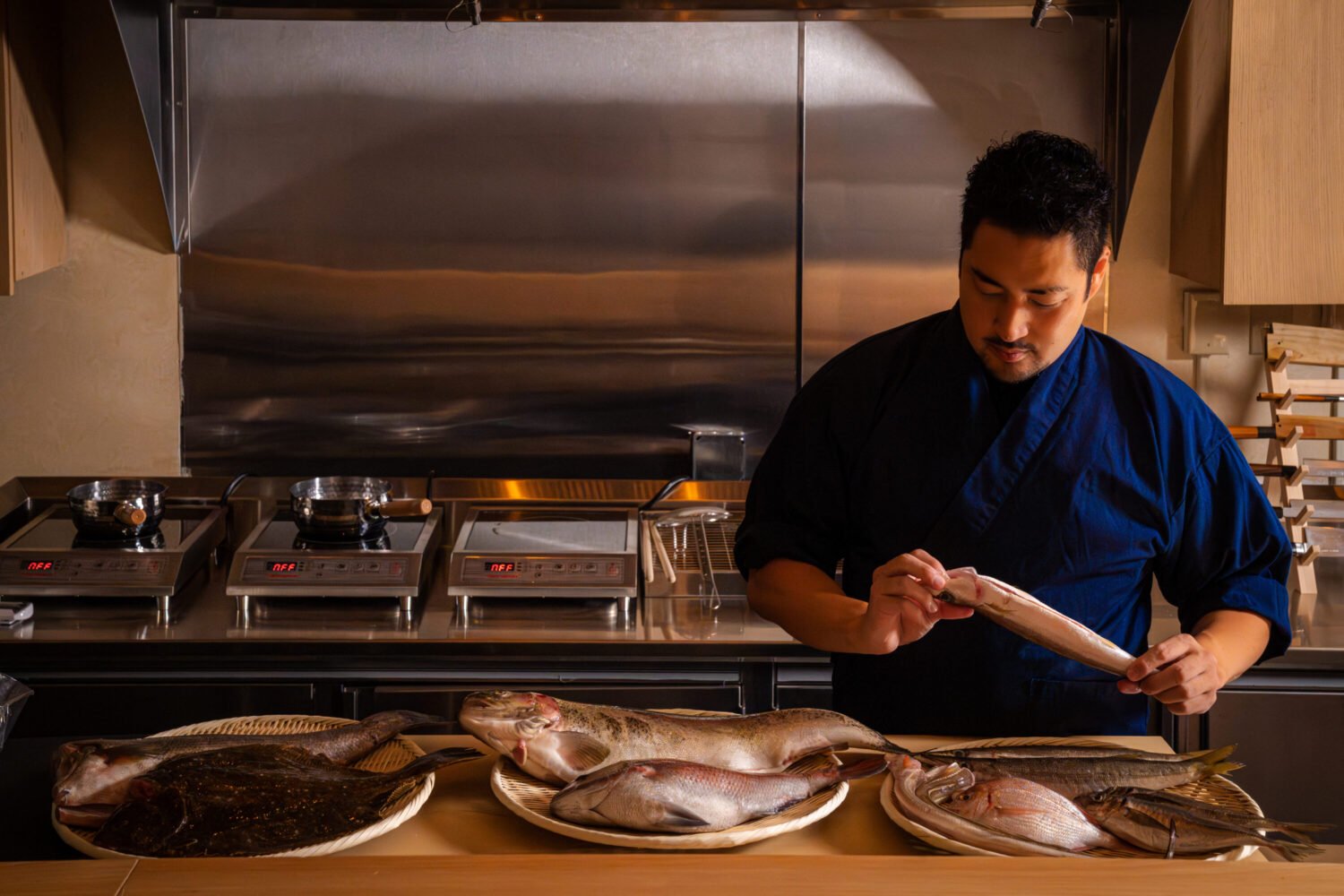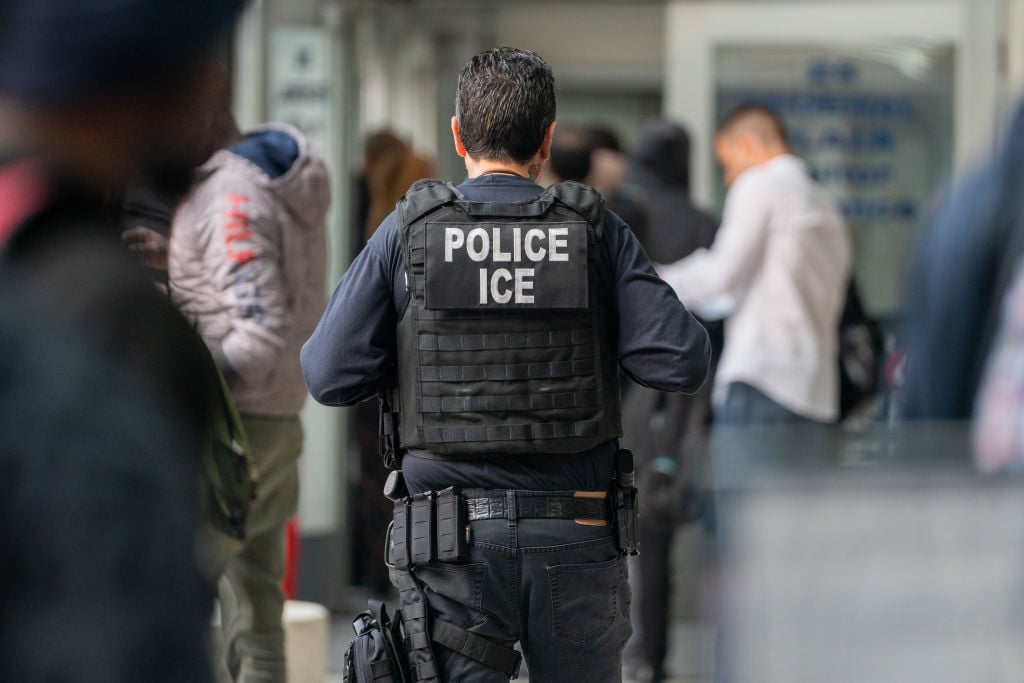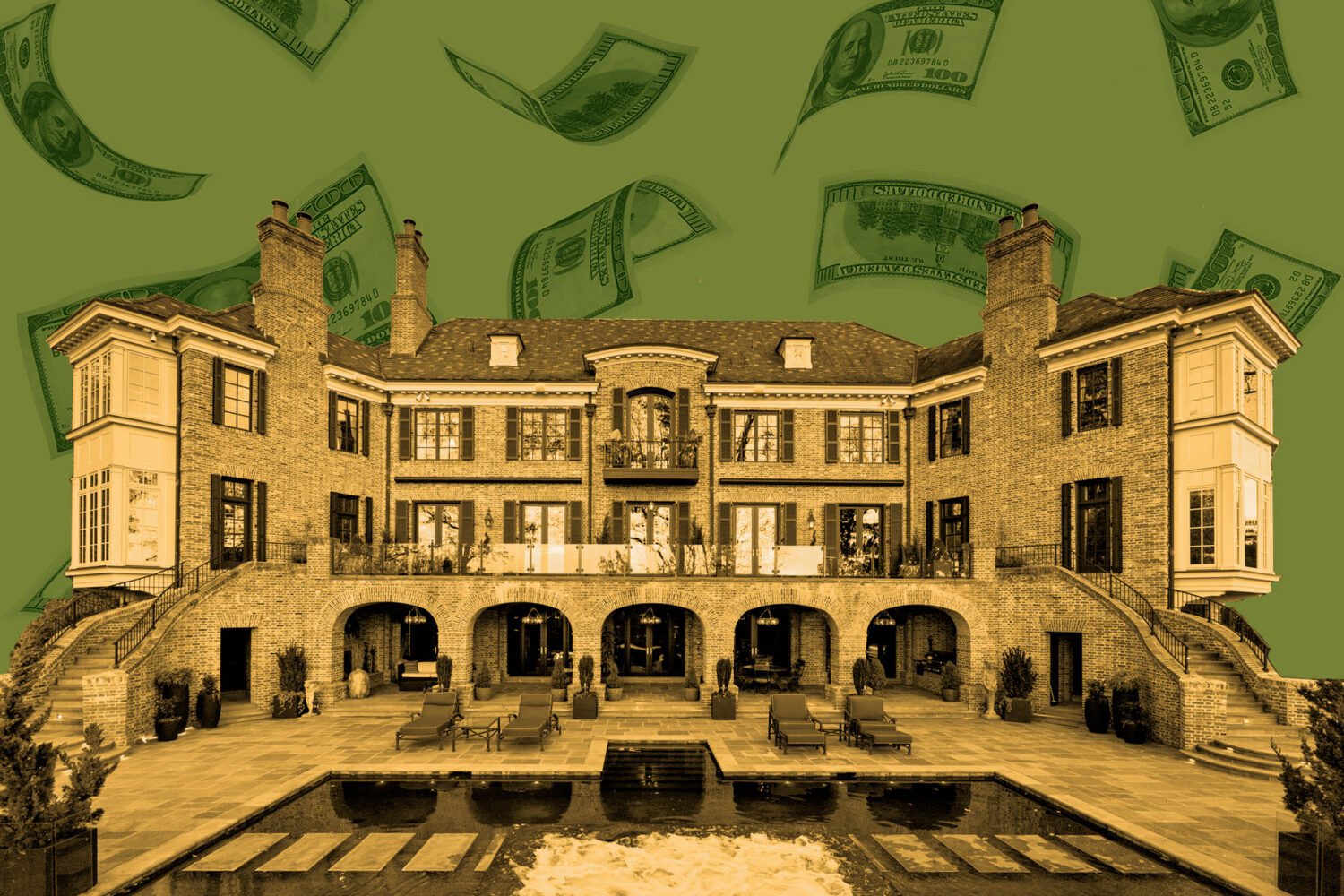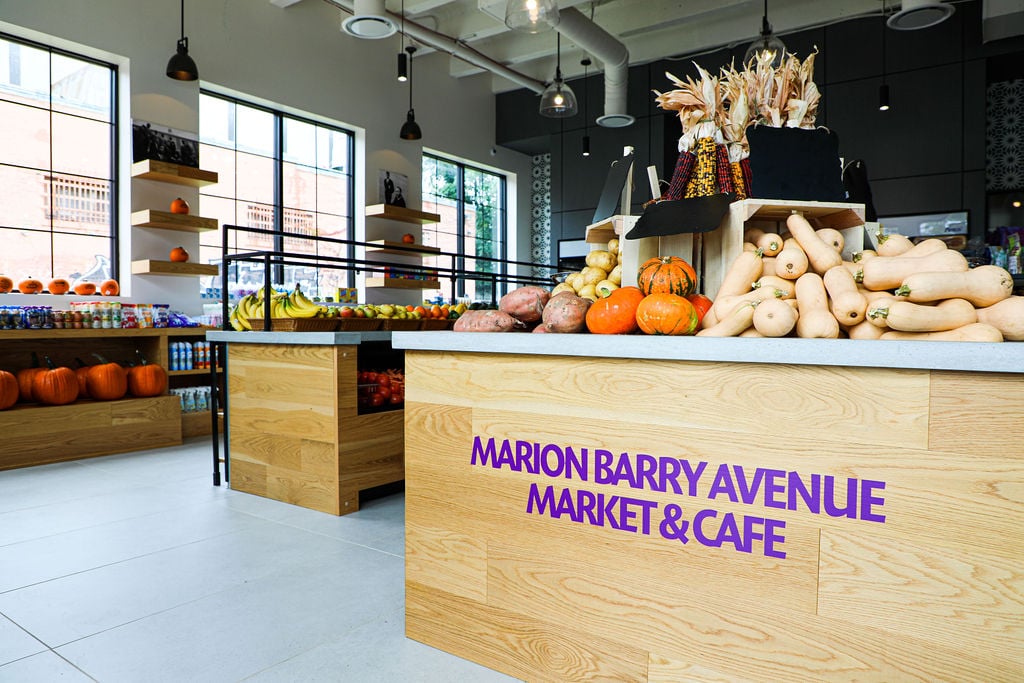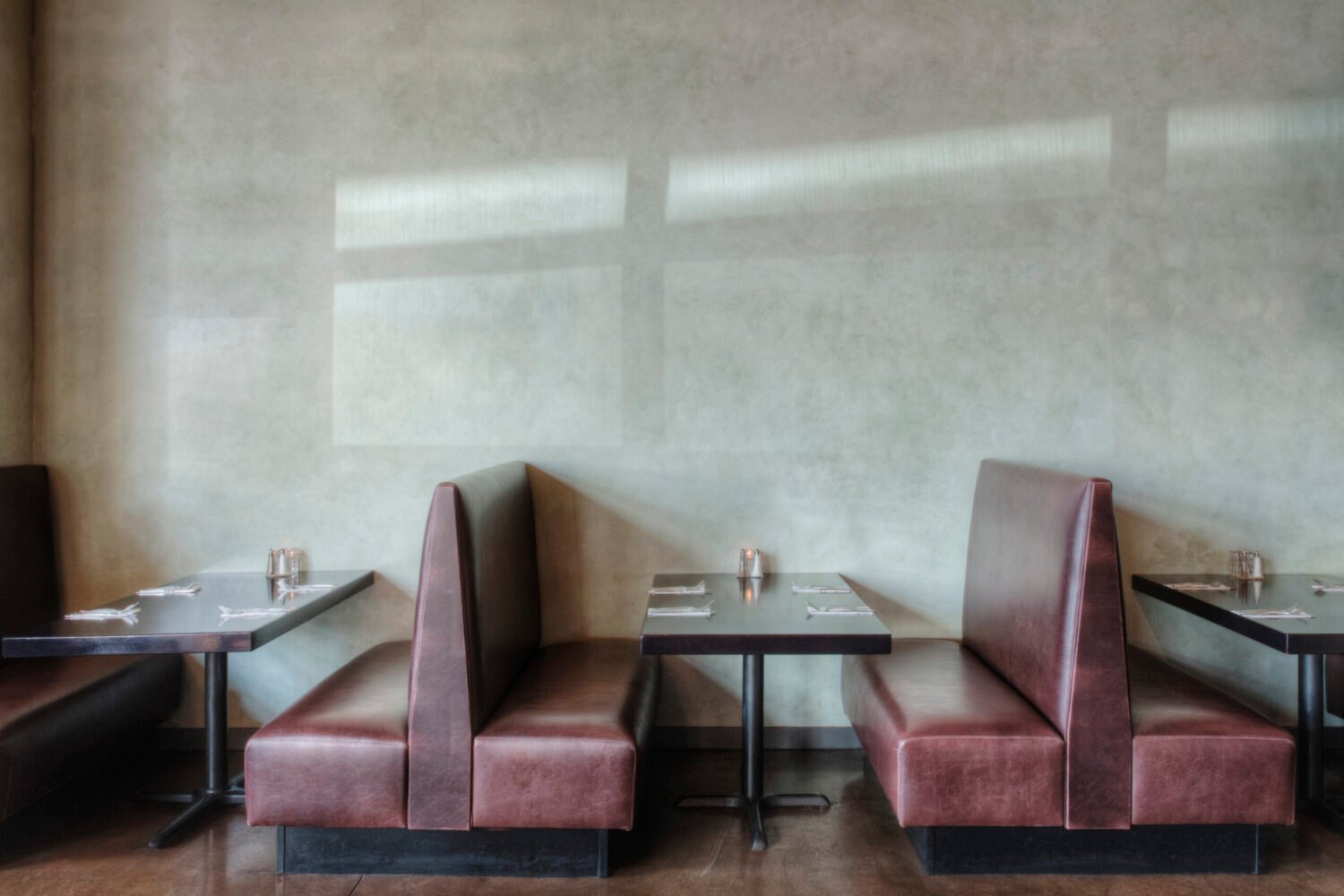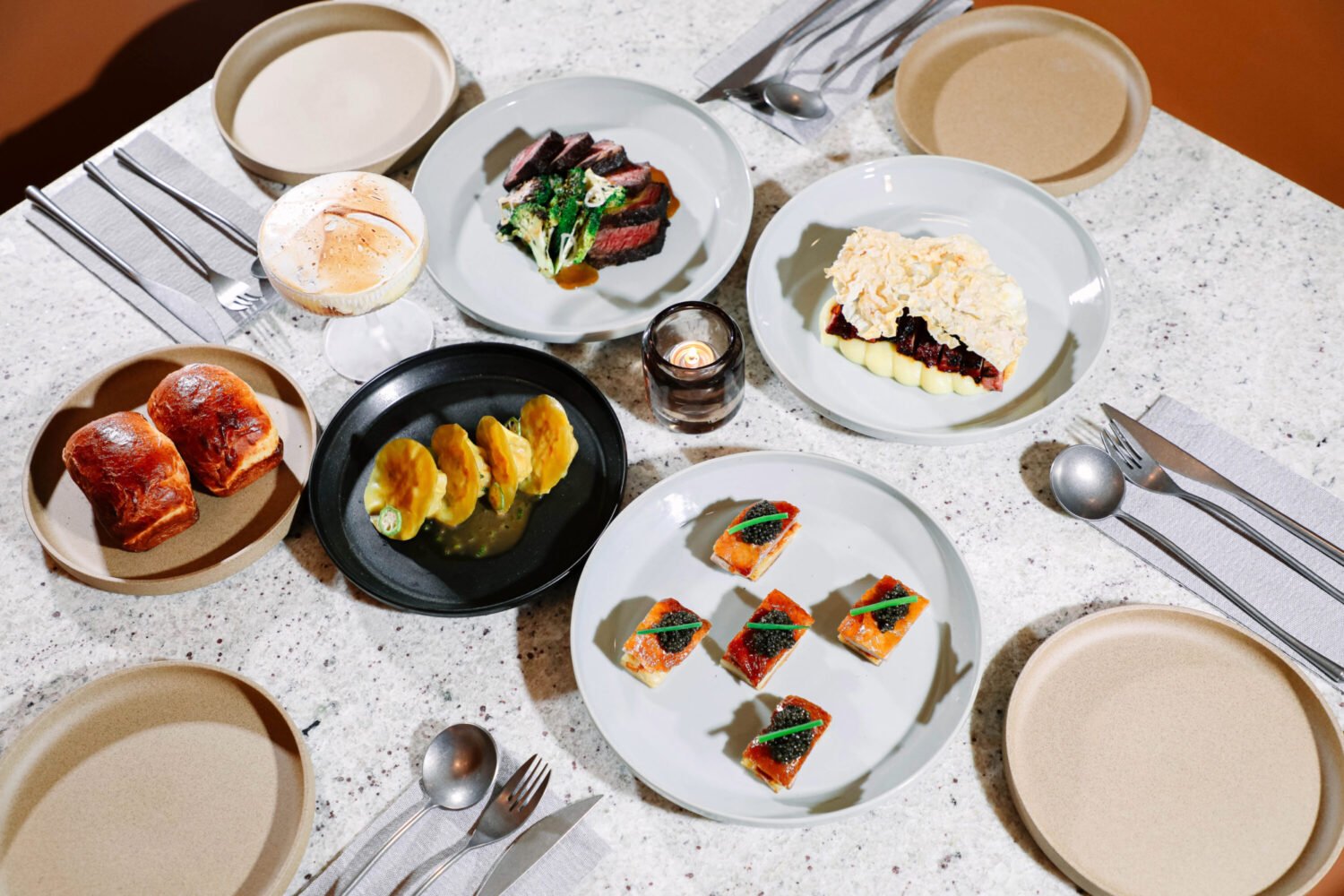During a recent weekend, immigration agents detained four family members, all employed at the same DC restaurant, as they left their apartment building, says a chef who worked with them. Meanwhile, the same restaurant has dealt with three to seven employees calling out each day over the past couple weeks, as fear has spread over Donald Trump’s federalization of local police and increased immigration enforcement. Two employees have resigned. “They say they were scared, and they’re not going to show up to work,” says the chef, who like others in this story, requested anonymity for fear of retribution from law enforcement and government officials.
Yesterday, Trump called DC a “boom town” as he touted his efforts to go after crime and clean up the city, which began in mid-August. “Half the restaurants closed, because nobody could go, because they were afraid to go outside. Now those restaurants are opening and new restaurants are opening up,” he said from the Oval Office. But DC restaurant operators have seen no such boom over the last couple weeks. (In fact, the chef says the week before Restaurant Week was the slowest their restaurant has been all year.) Instead, many say the people afraid to go outside are their own employees. Since August 7, federal officials have arrested more than 300 people in DC that they claim do not have legal immigration status. Immigration and Customs Enforcement has not responded to questions from Washingtonian.
The chef—himself an immigrant—says although he’s approved for a work permit, his official papers have not been mailed, so he’s been carrying around his approval letter with him. He’s also started taking Ubers to and from work instead of driving his car because he’s heard stories about people being tracked and followed. “I’m very concerned. I’m stressed. I’m panicked sometimes,” he says.
The chef started a WhatsApp group with about 10 friends to make sure everyone was safe amid the immigration crackdown. Overnight, the group ballooned to 200 people, then almost 700 people, before he closed it off to new members. The chat has been active with people sharing intel on checkpoints, sightings of ICE, and concerns about the first day of school.
“Hopefully, one day somebody understands we’re here to try to get a different opportunity that our country never gave to us,” he says. “That’s all.”
“They’re afraid of racial profiling.”
Another restaurant owner, who operates businesses in DC and a neighboring state, says some of her suburban staff who are citizens have volunteered to swap jobs with those in DC who are not. “In DC, the earnings are higher. The minimum wage is higher. The tips are higher, so they’re getting a better shift,” she says. And for those moving outside DC, “they value their safety and their peace of mind more than a couple of dollars extra per hour.”
The restaurateur notes that the fear is pervasive even among employees who have legal status. “Nobody wants to spend a night in jail while your family struggles to show immigration authorities that you have the paperwork,” she says.
At the same time, the restaurateur says police and other law enforcement have been regular customers. So has one prominent administration official.
“When they come in, people get scared. They think they’re doing a raid or something. And you can feel the vibe change. Immediately, everybody gets quiet,” the restaurant owner says. “Before, [the staff] were all very happy to see them. I know them by name, some of them.”
Tea Ivanovic, co-founder of Immigrant Food with locations near the White House and in Ballston, says some customers have been asking to postpone events at the DC restaurant or relocate them to Virginia. Meanwhile, her staff are also wary of venturing into the city, even though the restaurant has worked hard to ensure proper documentation. “They’re afraid of racial profiling,” Ivanovic says. “They’re afraid of being stopped when they walk in groups, and we’ve all read the stories of people being picked up [despite] having legal status.”
Meanwhile, a server at an upscale DC restaurant says that managers have reminded staff not to let anyone into the kitchen as “a very vague way of saying, ‘Don’t let ICE in the back.” But coworkers have taken a more active role in trying to protect each other. She personally has walked people to the Metro, called them Ubers, and worked with coworkers and friends as points of contact for help finding legal resources.
“I don’t think it’s a restaurant operator’s job to be immigration police.”
Restaurant owners don’t always know if their staff are undocumented. One restaurateur says all his employees have provided identification that appears to be legitimate for their I-9 employment eligibility forms. Like many small and independent restaurant operators in DC, the restaurateur doesn’t use E-Verify, the government system that allows employers to confirm if their employees are eligible to work in the US. (It’s more frequently used among bigger and more corporate groups, but not required in DC.)
“I don’t think it’s a restaurant operator’s job to be immigration police,” he says. “Independent restaurants in general find it hard enough to get staff. Period. Full stop.”
Over the last two weeks, one of his employees was picked up by ICE outside his apartment. The restaurant was among the 187 DC businesses that received “notices of inspection” from immigration authorities in May, though the restaurateur does not believe the detainment is related. He says he hasn’t heard a word from the Homeland Security agent who visited the restaurant this spring.
Aside from the chilling effect that the detainment had on the rest of the staff, the restaurateur says business has been slower than usual for dine-in and especially delivery. Immigration officials have specifically targeted food delivery drivers, many of whom are South American. “I would say our delivery has gone down by about 60 percent from about two days after you started to see people getting picked up,” the restaurateur says. He attributes the drop in large part to the delivery fee spikes that come when fewer drivers are on the road.
“Combined with the increase in food cost that we’ve been seeing, it’s basically an assault on restaurants,” he says. “Higher prices, fewer guests, scared staff. This is not good.”

